Student Blog
Getting Involved
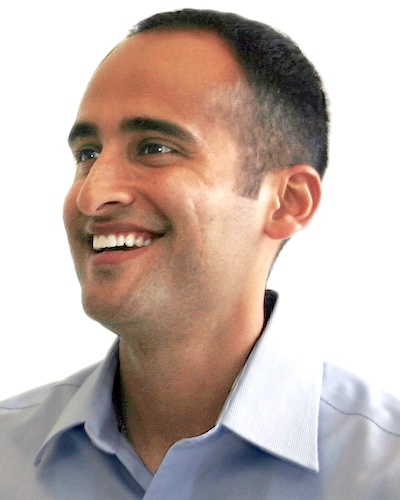
ANIMO! ⟩
November 16, 2012, by Ricky
Diversity Getting Involved What are OS/OT?
Two weeks back, in my role as student ambassador, I presented at the 2012 ANIMO Latino Young Men’s Conference (by a not-for-profit called Family Success by Design). This program features a full day of mentorship, motivational speakers, and empowering activities . . . and it’s pretty OT-based! The founder has been an OT practitioner for over 30 years. The main themes are education, financial literacy, and health. This was such a refreshing experience, and it was an honor to interact with and provide mentorship for all the young men who attended. It was great to see how talented, intelligent, and resilient these guys are. I also loved the craft project at the end (prolly the OT in me, haha).

I collaborated with one of my instructors to create and deliver a presentation on OT. Our talk was part Intro-to-OT and part motivational discourse on going to college and pursuing your dreams. Going into the conference, I was a little confused about why we were pitching OT to kids as young as 12 years old, but now I can see the whole picture. Not only is it important for these guys to be exposed to “successful” Latino men, but they also need to know about promising options for their future. The thing is, these young men are ideal candidates to become OTs in Southern California. They are male, and males are severely underrepresented in the profession. They are minorities . . . again, underrepresented. And, most speak Spanish. It’s important to note that cultural competence (and there are few better ways to immerse yourself in a culture than to speak the language) is vital to developing a therapeutic relationship and administering effective client-centered intervention.
The whole experience got me thinking about my own OT journey. I wonder how I would’ve responded to a presentation like this when I was 12. I think at 12 I was too busy trying to act cool. Anyhow, it took me a while to be honest with myself and accept that my true strengths and passions make me an ideal candidate for OT. I always knew I liked helping others and loved working with kids. That stuff just came natural to me, but my environment never gave me any indication that pursing something like OT could ever be a viable option. It wasn’t until I found myself working long hours as an accountant and asking myself “why?” Why was I working so hard? Is the paycheck enough? That set off this whole soul-searching episode in which I discovered OT. I wrestled with it. I would ask myself what my family and others might think. Would people think I was less manly? Would/should I care? It was rough, but I couldn’t deny myself anymore. I started working at a pediatric therapy clinic, just to make sure, and I was sold. Being an accountant and pragmatist, the numbers added up too (do you know how much money OTs make?! Haha).
For any of you guys that may be interested in something like OT, but don’t think it’s a viable option, I encourage you just be honest with yourselves. Take a risk and volunteer for things like ANIMO — they need more mentors like you, even if you don’t pursue OT. Trust me, I know your heart yearns for experiences where you can just let go of insecurities and just be genuine, with others and yourself.
⋯
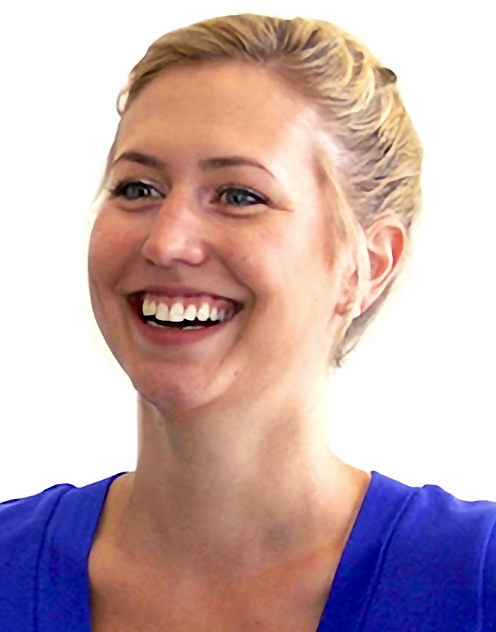
Remembering our Veterans ⟩
November 14, 2012, by Kendra
Community Getting Involved
This past Friday I had the pleasure of working the annual Veteran’s Day Reception for a second time. My father did not serve in the military and neither did my brother, cousins, uncles or aunts. But my two grandfathers did serve in the navy during WWII. So even though I do not have an immediate connection to the veterans of Iraq and Afghanistan, I feel a profound respect and gratitude for the services these people provide for our country.
I remember growing up and asking my grandfather to tell me stories about the war, he’d calmly respond with ‘another time’ or ‘when you’re older.’ Sadly I missed the opportunity to learn about their war experiences as they both passed away before I was ‘old enough’ to know more. Both of my grandfathers were quiet, reserved men. Was this a result of their generation? Or because of the war they lived through?
As we learn about wounded warriors, unemployment rates for our veterans, and the high prevalence of PTSD, I wonder what it was like for them. Did they have nightmares? Did they struggle to make a civilian life for themselves? Did they carry old wounds and bear the pain in solitude? Although I will never know the answers to these questions, I can use my curiosity to help the soldiers returning from war, and going back to war today.
During the reception, the keynote speaker stressed the importance of community and support. She applauded the closeness of the military family, but she also reminded us all that there is a community of support and aide outside of the military. As she remarked on the quiet, invisible effects of war I saw people bow their heads in silent agreement, and as she talked about assimilating back into civilian life and missing the war, again I saw agreement and was it guilt? Confusion? The military is about more than training soldiers, it offers a family and a bond that these people will carry for the rest of their lives. If I were in their shoes I’d feel confused, why should I want to go back there? But what is really missed is the feeling that someone will always have your back. Suddenly you’re home and without the safety net you came to rely upon overseas. That is a special and unique feeling, and once you have it you’ll always want to keep it with you.
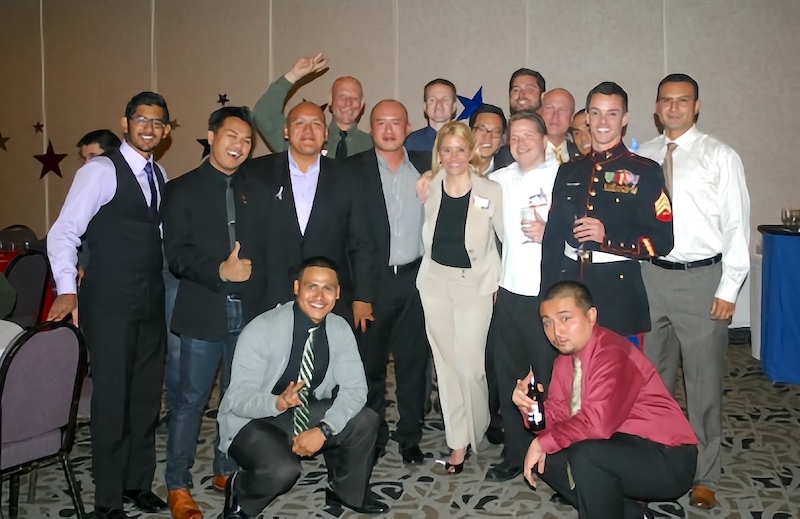
2012 Veteran’s Reception
This is why we must welcome our soldiers with open arms. We must provide medical, social, and occupational support. We need to show them our gratitude not just through educational opportunities and annual receptions, but by instilling the confidence in them that we will always and forever support our troops on the battlefield and at home.
⋯
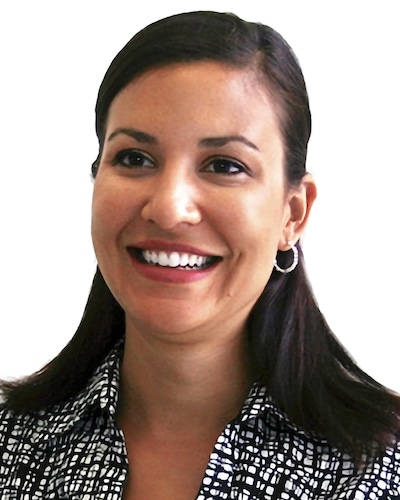
OT/PT Forum ⟩
November 13, 2012, by Amber
Getting Involved What are OS/OT?
Last night I attended the OT/PT Forum, which served as an opportunity for students and practitioners to explore interdisciplinary collaboration between the fields of Occupational Therapy and Physical Therapy. The discussion involved a variety of case scenarios in pediatrics, pain management, and hospital-based physical disabilities. Interdisciplinary teams representing both fields contributed their intervention ideas for these true scenarios. For example, one case involved a man who was in an acute stage of treatment for cancer that had affected his spinal cord and therefore his ability to walk. The physical therapist focused on helping the man to regain strength, balance, and retraining him to walk. The occupational therapist focused on the deep anxiety that the man was feeling due to his disability, and helped him with relaxation and compensatory strategies. It was fascinating to hear the perspectives of physical therapy practitioners, and gain an appreciation for their approach to treatment. The Forum also brought to light current research from both occupational therapy and physical therapy. The event has been presented by our occupational therapy honor society, Pi Theta Epsilon, for three years. Please comment if you have any ideas for topics for the next OT/PT Forum!
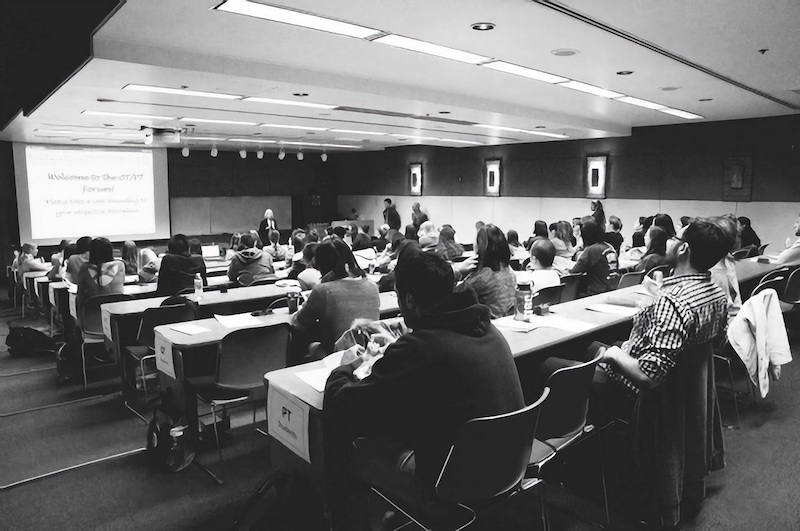
Photos by Steve Mar and Amanda Panotes
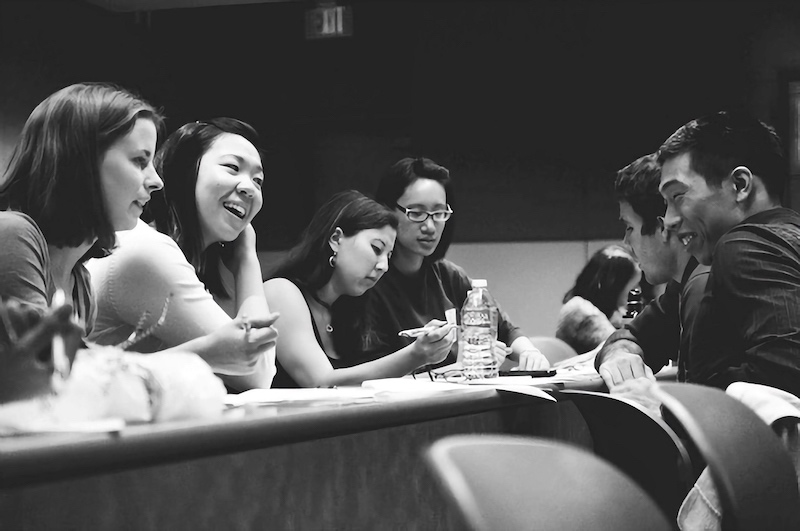
Photos by Steve Mar and Amanda Panotes
⋯
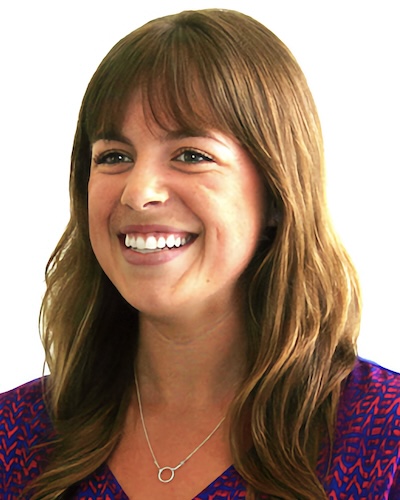
Interdisciplinary Health Fair ⟩
November 13, 2012, by Paula
Community Getting Involved What are OS/OT?
Last Saturday, USC Occupational Therapy students participated in a health fair at the YMCA of Alhambra with our Health Science Campus neighbors! The PharmSC Clinic hosted this student-run health fair with support and involvement of the USC School of Pharmacy, USC Division of Occupational Science and Occupational Therapy, USC Physician’s Assistant Program and UCLA School of Dentistry. The event was a collaboration of efforts in order to educate the community and honor National Diabetes Awareness Month.
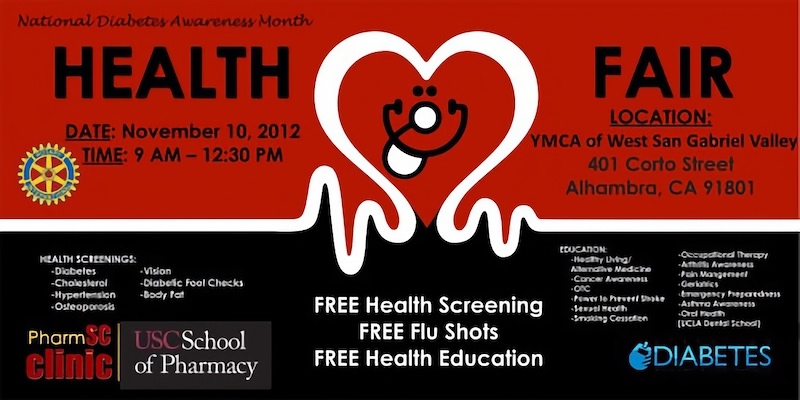
At one point in the day when there was a lull in the community attendance, a student from our tabling neighbors turned to our table and asked, “So, what is OT, anyway?” As an OT student, we often hear this question from the community and are used to educating others about OT. Providing this education to students of the other disciplines is just as valuable in order to advocate for our profession among future interdisciplinary professionals. Overall, it was a great morning of educating community members and students from the other disciplines. Many of the consumers who approached our booth had either not heard of Occupational Therapy or were familiar with OT but unsure of what OTs do in practice in terms of Diabetes management. Student volunteers educated consumers about the importance of a balanced daily routine. We also described how Occupational Therapists help clients find new strategies to stay on top of blood sugar levels, medication and insulin timing throughout the day. Another hot topic was the importance of good grooming and activity levels to improve general health and thus also help with Diabetes management.
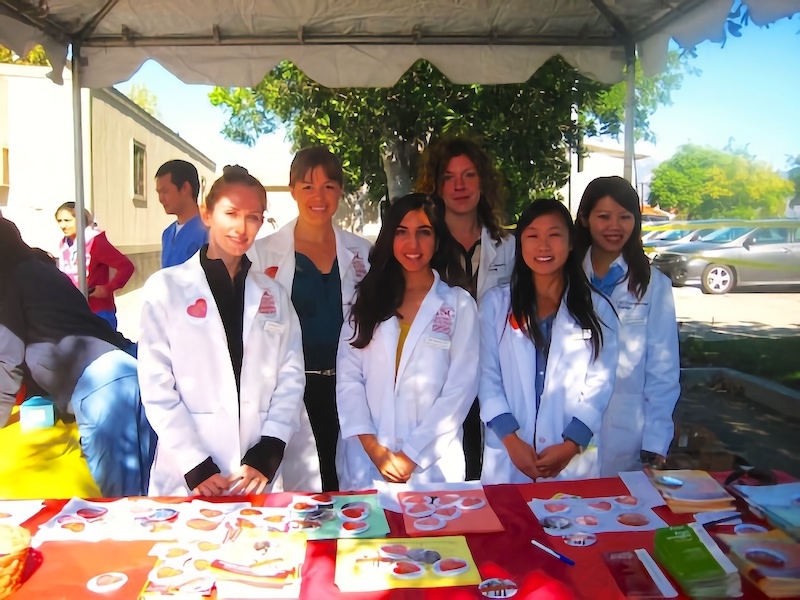
Consumers responded with interest in learning more about OT and also an appreciation of what we do as a profession for such a variety of individuals and settings we serve. It was a great day of spreading the news of how valuable Occupational Therapy truly is!
⋯

Election Day! ⟩
November 6, 2012, by Amber
Getting Involved
Tonight we will learn who our next President will be. It’s always amazing to see the attention of the nation focused so singularly. Today, the halls at school were filled with students wearing their “I Voted” stickers. Many wore red, white, and blue clothing. Conversations centered around the when and where people voted, and who they voted for.
Now that we are becoming occupational therapists, when we vote we also need to consider how a particular candidate or legislative bill might affect the future of our profession. Our state and national associations both have political action committees. According to their website, the Occupational Therapy Association of California Political Action Committee (OTAC PAC) is a voluntary nonprofit committee that is not affiliated with any political party. The purpose of the PAC is to provide a voice for occupational therapy practitioners in the State of California political arena. The PAC accomplishes this purpose by providing financial support to California legislative and constitutional officeholders and candidates that benefit the public by improving and protecting issues related to occupational therapy. As students, we can get involved in the PAC to advocate for occupational therapy in the state of California.
The American Occupational Therapy Political Action Committee (AOTPAC) is a voluntary, non-profit, unincorporated committee of members of AOTA. Their website states the purpose of AOTPAC as furthering the legislative aims of the Association by influencing or attempting to influence the selection, nomination, election, or appointment of any individual to any Federal public office, and of any occupational therapist, occupational therapy assistant, or occupational therapy student member of AOTA seeking election to public office at any level. The committee is not affiliated with any political party.
OTAC and AOTA need PACs because the organizations alone cannot contribute even a token amount to a candidate. Through the PAC, OTAC and AOTA can solicit and direct the flow of contributions from its members and provide important assistance to individual candidates for election to office. Please submit a comment below and let me know about your voting experience!
⋯





